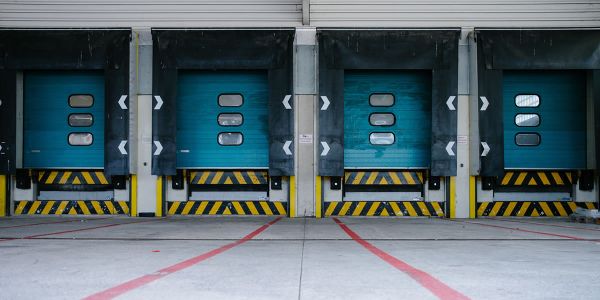- By Buckinghamshire Business First
- 25 September, 2019

Share by email
Featuring checklists for importing & exporting post-Brexit, advice on trading under WTO rules, and another reminder on EORI numbers.
There are actions you need to take now if your business:
- imports from the EU
- exports to the EU
- both of the above
Trading under WTO rules
If the UK leaves the EU without a deal, businesses will have to trade with other countries under World Trade Organisation (WTO) rules.
You may need to pay different rates of tariffs on imports from and exports to the EU.
Read the government’s WTO advice on:
- Paying import tariffs
- Paying export tariffs
- Providing services in other countries
- The Most Favoured Nation rule
Read the government’s ‘Trading under WTO rules’ advice.
6-point checklist to get ready to import post-Brexit
The government has compiled a 6-point checklist on what you need to do now to make sure you’re able to receive goods from the EU, if the UK leaves the EU without a deal.
Step 1: Make sure your business has an EORI number that starts with GB
Step 2: Decide who will make the import declarations
Step 3: Apply to make importing easier and set up a duty deferment account if you import regularly
Step 4: Check the rate of tax and duty you’ll need to pay
Step 5: Check what you need to do for the type of goods you import
Step 6: Get more help and support
Take a look at the detail behind these steps and learn how to put your plans into action.
7-point checklist to get ready to export post-Brexit
The government has compiled a 7-point checklist on what you need to do now to make sure you’re able to send goods from the UK to the EU after Brexit.
Step 1: Make sure your business has an EORI number that starts with GB and check your importer has an EU EORI number
Step 2: Decide who will make the export declarations and decide if you want to export your goods using transit
Step 3: Check the rate of tax and duty for your goods
Step 4: Check what you need to do for the type of goods you export
Step 5: Find out how changes to VAT will affect you
Step 6: Decide who will transport your goods outside the UK
Step 7: Get more help and support
Take a look at the detail behind these steps and learn how to put your plans into action.
Get an EORI number to continue trading with the EU
UK businesses that trade only with EU countries will need a UK EORI number to continue trading with the EU after Brexit - if the UK exits the EU without a deal.
Businesses that already trade with countries outside of the EU will already have an EORI number and will not need to change anything in this regard, but those who only trade within the EU will not have needed one until now.
In August 2019, it was announced by the UK Government that HMRC would automatically allocate EORI numbers to more than 88,000 VAT-registered UK businesses in order for them to continue trading with customers and suppliers once the UK has left the EU.
All businesses, not just those that are VAT-registered, need an EORI number to trade with the EU.
Non-VAT-registered businesses will still need to register themselves for an EORI number.
What are EORI numbers?
EORI numbers are a unique ID number allocated to businesses that enables them to be identified by customs authorities when doing business with other traders.
The importance of EORI numbers
Without one, the government warns that businesses “may have increased costs and delays” when importing or exporting, giving the example that “if HMRC cannot clear your goods you may have to pay storage fees.”
If there’s a no-deal Brexit, the government states “you will need an EORI number that starts with GB in order to move goods in or out of the UK.”
If you have not yet registered for an EORI number, you can do so here: www.gov.uk/eori
Visit our Brexit homepage for more information
Visit bbf.uk.com/brexit today for a comprehensive list of information and resources all designed to help your business prepare for Brexit.







